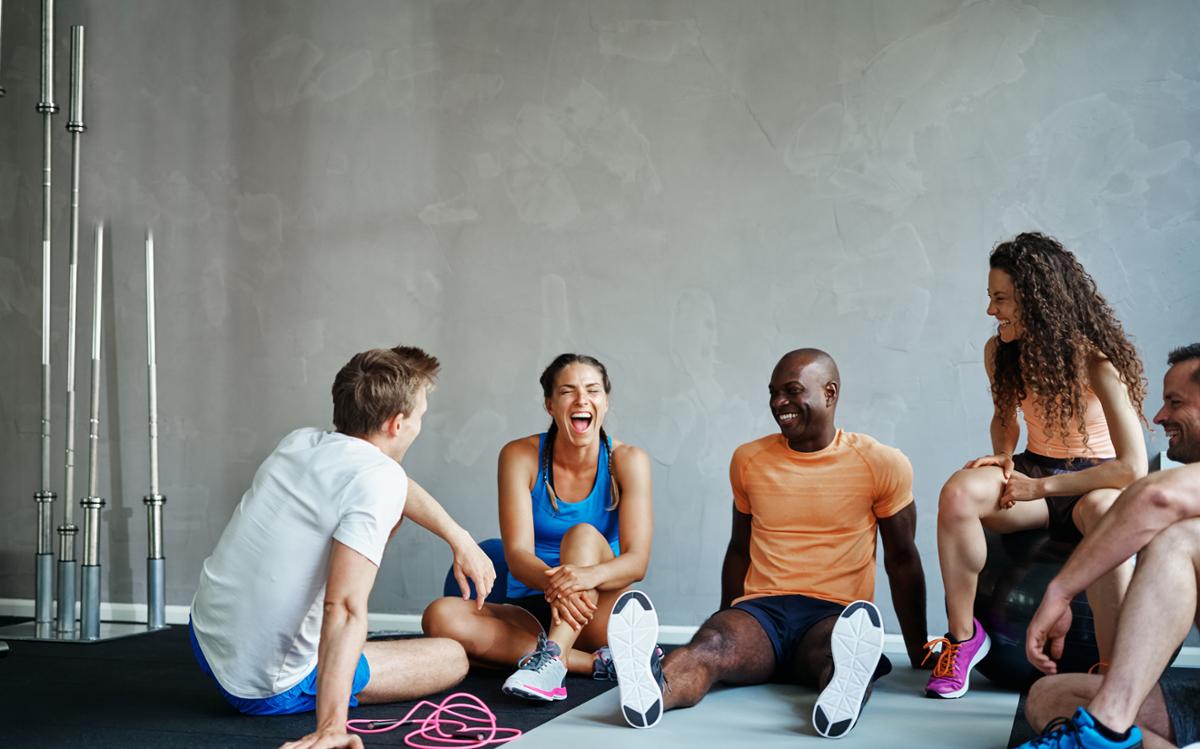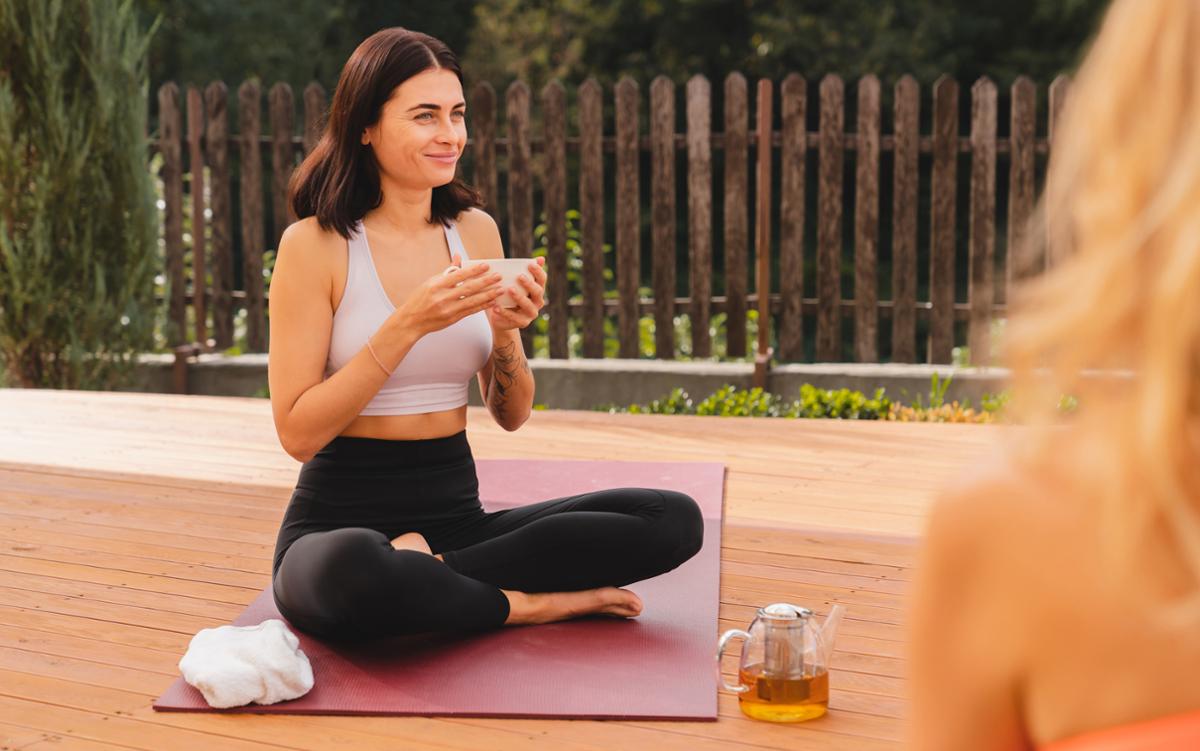Combining nutritional advice with a physical activity programme has been shown to improve health and lifestyle behaviours, according to a study conducted by the Academy of Nutrition and Dietetics.
For those who were overweight or obese, working with exercise as well as nutrition professionals improved their odds of achieving a 5 per cent weight loss, decreased their waist circumference by up to 2.16cms and prompted them to eat more fruits and vegetables.
A total of 472 existing full texts and 31 random controlled trials were analysed. Results showed that when qualified professionals combined physical activity and nutrition interventions their clients had a higher likelihood of increasing their levels of physical activity than people who did not receive these interventions.
“The findings suggest the best intervention is one which focuses on helping clients to change lifestyle habits by harmonising the various components of their lives, which involves what they eat, as well as the physical activity they participate in,” says Dr Erin Nitschke, who was part of the research team.
“Contracting with a certified health coach or dietitian capable of offering tailored interventions may be the additional feature your health club or studio needs to set themselves apart from the average fitness facility.”
Focus on health
However, Nitschke emphasises fitness professionals should not provide dietary recommendations without the oversight of a dietitian: “It’s vital that whoever is giving nutritional advice is a dietitian with accredited national certification, who will then work closely with a fitness professional to create a plan which encompasses diet and activity.”
Eating disorder training
Given the way eating disorders have skyrocketed globally since the start of the pandemic, eating disorder expert, Eva Musby, calls for dietitians to also be trained in eating disorders before imparting dietary advice and to approach the subject with the aim of establishing good health behaviours, rather than prioritising weight loss – a focus that can lead some individuals into patterns of disordered eating and exercise.
“Even accredited dietitians are generally not trained in eating disorders and can unintentionally make them worse,” says Musby. “There’s also evidence showing that while diets can lead to immediate weight loss, they’re extremely likely to lead to weight gain within the following five years or so.”
US research, Healthy lifestyle habits and mortality in overweight and obese individuals, also shows that putting the focus on building healthy habits is good for both mental and physical health and that healthy behaviours make mortality at higher BMIs the same as those of people of a ‘normal weight’.
“Even with a BMI of over 30, when people had four healthy habits, their hazard ratio was the same,” says Musby of the research. “The four habits are eating fruit and vegetables, regular moderate exercise, moderate alcohol consumption and not smoking.”
The frequently made assumption that fat people are unhealthy is obesity stigma and it’s important that gyms don’t perpetuate these assumptions. “It is very wearying for people with weight issues to have everyone assume they’re unhealthy and need to lose weight, or that a health problem they suffer from is due to their high weight and will be fixed with weight loss,” says Musby.
Rejecting diet culture
Nitschke agrees the fitness industry needs to avoid being drawn down the path of diet culture with its black and white thinking and messaging around image and restriction. “A valid, effective, and scientific approach to achieving optimal health is rooted in behaviour change, patience, and finding a harmony between what the body needs and what you enjoy,” she says.
“There are so many dangers and risks associated with diet culture – the way it perpetuates unscientific food rules can create restrictions and guilt in relation to food, which starts the self-shame spiral; how it identifies food into good and bad foods; or how it pushes the idea of calories in and calories out without taking into account metabolism.
“It can destroy the joy of food and intuitive eating, create food shame, body image issues, self loathing, hyper fixation on food and the cycle of yo-yo dieting.”
Nitschke says the fitness industry should call out diet culture: “We have to acknowledge weight loss, because it’s one of the main challenges clients come to us with. However, when we dig deeper, we usually find what people want is improvements to energy levels, better sleep or improved peace of mind and we can then work with them to achieve this.”

























































